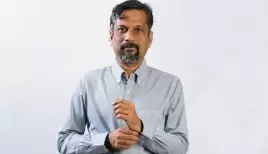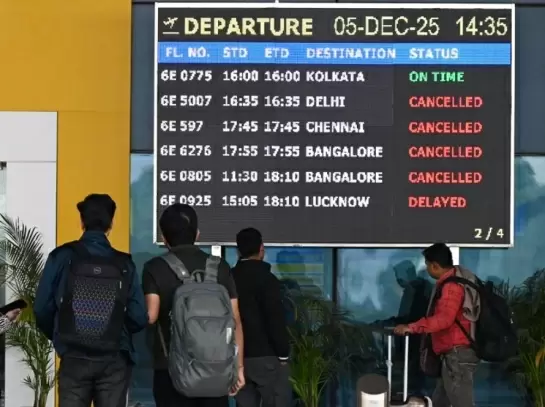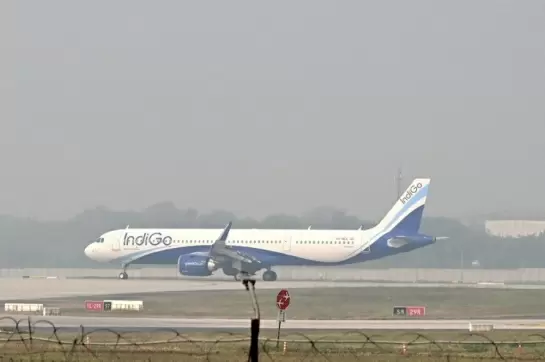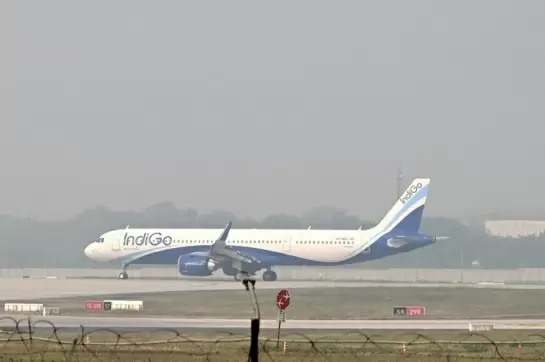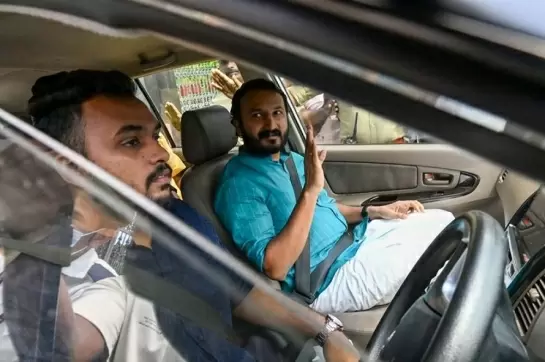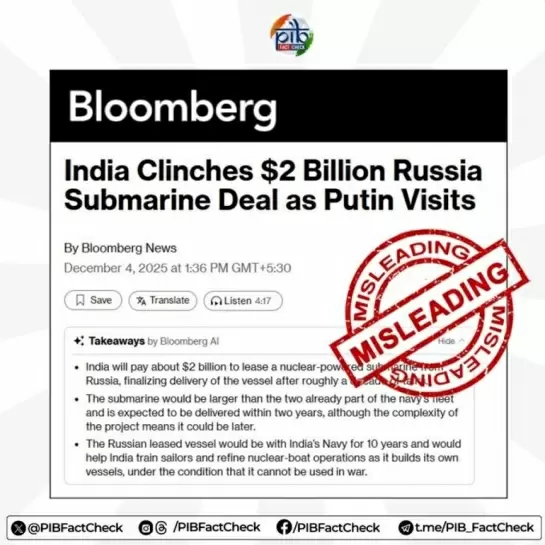How TVS Group Grew from a 1911 Bus Service to a Global Auto Giant: Srivats Ram of Wheels India Explains
Chennai
21-July-2025
Vol 16 | Issue 30
Over a century ago, at a time when bullock carts and horse-drawn carriages ruled the roads, T. V. Sundram Iyengar, a former bank employee, launched a modest bus service in Tamil Nadu, despite stiff opposition from British-backed rail operators.
Adapting his business model to complement rather than compete with the railways, Iyengar set out to connect rural Indians to the expanding railway network, offering them a dignified and reliable mode of transport.
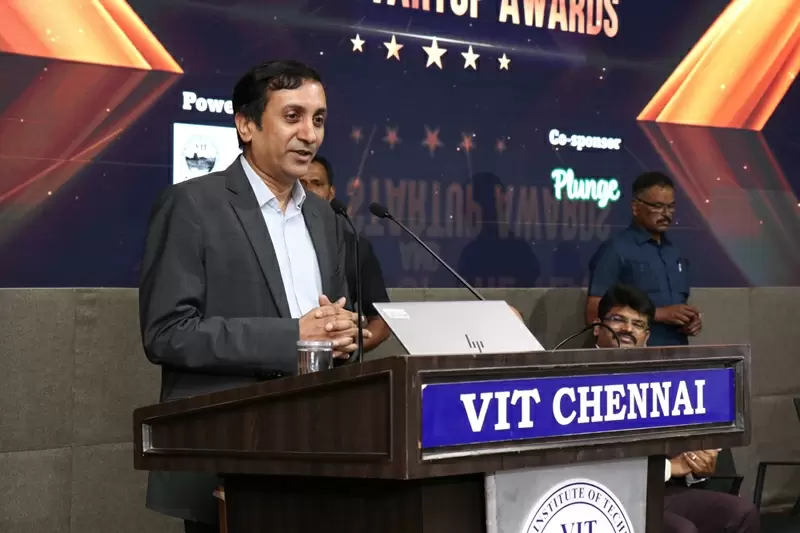
| Srivats Ram narrated the story of TVS Group that started as a bus service with five Chevrolet buses (Photos: Bosco) |
What began with just five Chevrolet buses and home-cooked meals to persuade hesitant villagers to board the noisy vehicles has today grown into the TVS Group, one of India’s most respected business conglomerates.
A testament to this remarkable journey is the fact that TVS now manufactures 20% of BMW’s motorcycles globally and, as shared by BMW themselves, with quality surpassing even their Berlin plant.
Speaking at The Weekend Leader Awards event at VIT Chennai recently, Srivats Ram, Managing Director of Wheels India Ltd (a TVS Group company), recounted this incredible story of innovation, perseverance, and attention to detail that laid the foundation for TVS’s success.
Addressing the young entrepreneurs, startup founders, and VIT Business School students, Srivats Ram explained how the entrepreneurial values that drive today’s startups were already at the heart of TVS more than 110 years ago. “What’s being done today isn’t very different from what was done then - the principles remain the same.”
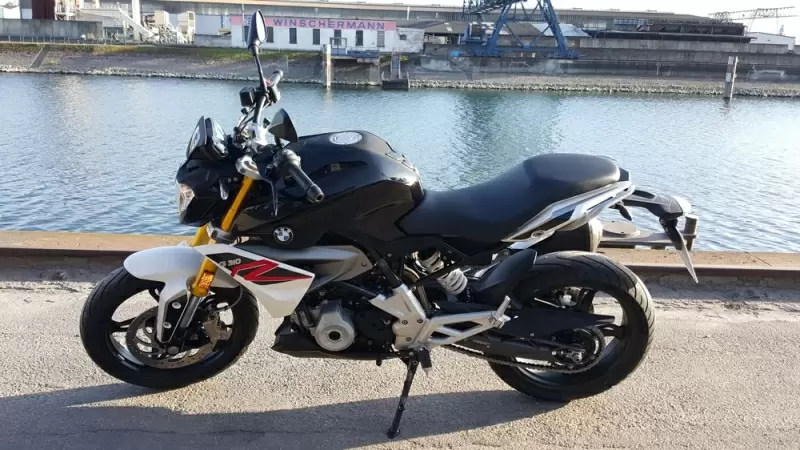
| TVS now manufactures 20% of BMW’s motorcycles globally |
Srivats Ram shared how Sundram Iyengar began his career at the Imperial Bank, now the State Bank of India, but faced a glass ceiling under colonial rule. “He got frustrated and quit to become an entrepreneur. His early ventures, including a cycle repair shop, were complete failures. But he kept trying,” he said.
The turning point came when Iyengar noticed that the railway system, developed by the British, was primarily serving Europeans. “He felt Indian villagers needed access too. So, he decided to start a bus service that would connect them to the railway stations.”
With no capital and failed businesses behind him, he finally approached his father for the first time to fund the idea. “He bought five Chevrolet buses and applied to operate between towns in Tamil Nadu. But the South Indian Railway opposed it, arguing that their investment would be undermined.”
Denied permission, Sundram Iyengar pivoted. “He changed his plan to ferry villagers from their homes to the railway stations instead. That compromise gave birth to the first TVS transport service.”
Even that wasn’t easy. “Villagers were scared of buses since they were used to bullock carts. So, his wife cooked food and served it under a shamiana. People came for the food and ended up buying a ticket,” Srivats Ram said. “This culture of hospitality remains even today.”
He shared a personal story. “When my sister got married 28 years ago, my brother-in-law, an IIT Madras graduate, told me he had interned with our company. When I asked why, he said, ‘Because the food was supposed to be very good!’”
Srivats Ram highlighted how attention to detail was central to the business even then. “There were no driver’s licences or tests at the time, so the founder’s sons created their own tests. One of them was a brake response test conducted in a dark room. Drivers had to react to lights when they were switched on in the dark room and only those who passed such unique tests were hired.”
Breakdowns were frequent in the early years, and punctures were a major issue. “They discovered horseshoes were causing the punctures. So, they fitted a magnet under a jeep and drove around in the morning to collect metal debris from the roads. That’s how serious they were about uptime.”
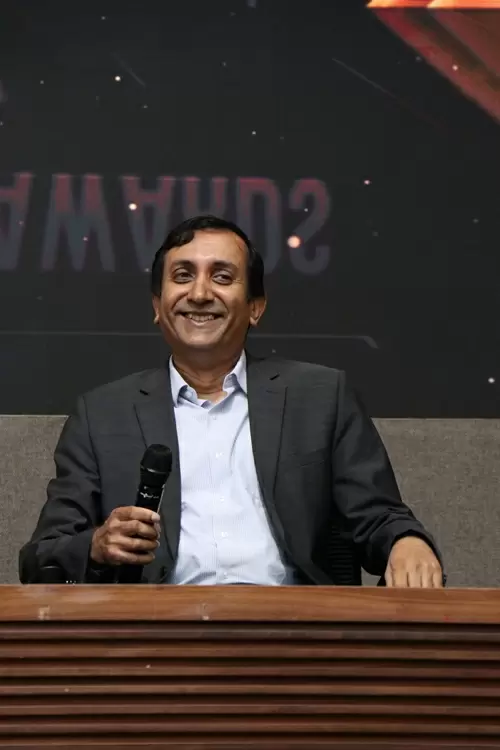
| TVS Group's Success Mantra: First comes name. Then comes longevity. Profit comes last |
| Watch TVS Story on TWL Plus |
Drivers were paid based on fuel efficiency and timeliness, long before performance-based pay became a norm. “If you did well, you got a bonus. If not, you earned less. The goal was not perfection, but to keep the promise you made. If a bus was scheduled at a time, it had to be there.”
Even the early workshops had painted floors and daily inspections, Srivats Ram added. “There was discipline and process from the beginning. All of this led to one key thing - trust. The only thing the customer needed to know was that the TVS bus would run on time.”
He recalled a minister’s remark during an auto expo. “About 11 years ago, a company was showing GPS tracking. The minister turned to me and said, ‘Why are they showing this now? Your family did this 60 years ago.’ We didn’t have GPS then, but we had messenger boys on bicycles, phone check-ins, and a system to track the buses.”
In closing, Srivats emphasised the founding value that continues to guide TVS: “First comes name. Then comes longevity. Profit comes last. Your name is built on what you say and what you do. That’s what drives excellence and ultimately, trust,” he said. - TWL Bureau








